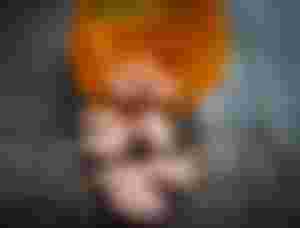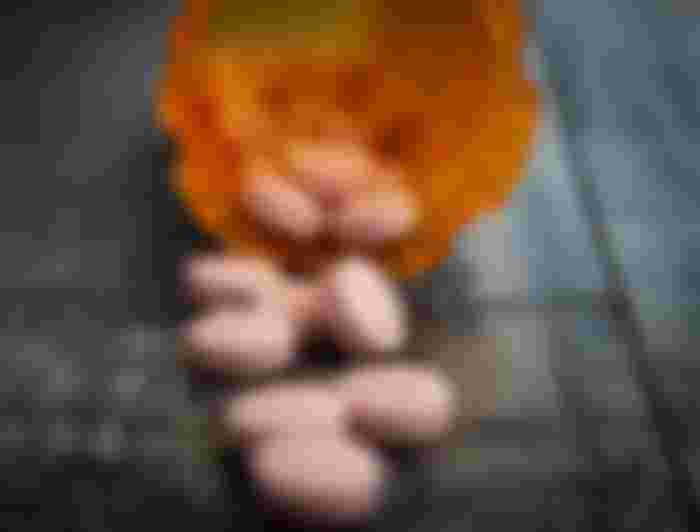Pornography Addiction: The Road To Recovery

Introduction
Pornography addiction also called compulsive pornography consumption or simply pornography addiction, is when frequent consumption of pornography negatively affects someone’s life, usually causing social and/or financial problems. Although porn addiction has yet to be officially recognized as an official disorder in the DSM-5 (Diagnostic and Statistical Manual of Mental Disorders), many researchers and therapists recognize the negative impacts this addiction can have on people’s lives. In order to combat porn addiction, you first need to understand what factors lead to it and how you can regain control over your life again.
How do you know if you have a problem with pornography?
1. Do you feel like your porn habits are interfering with your life?
2. Do you spend more time watching porn than pursuing other hobbies or activities?
3. Do you watch porn more often when you're feeling lonely, bored, depressed, anxious, or stressed?
4. Have any of the following occurred because of pornography: decreased mental health, lack of self-discipline, and the inability to stop watching porn even after trying for a long time?
5. Has pornography made it difficult for you to form or maintain intimate relationships with others because of an increased preference for sexual gratification from pornography over real-life relationships?
6. Have you ever neglected your responsibilities (work/school/home)?
How pornography affects your relationships
One of the most common detrimental effects of porn addiction is that it can lead to a lack of self-discipline and willpower, which can then lead to other addictions. Additionally, pornography has been correlated with increased rates of anxiety and shame in some people. People with mental health issues often find themselves turning to porn for relief from their symptoms, which only worsens their condition. In relationships, pornography addiction can lead to an inability to maintain a healthy sexual connection with your partner due to preoccupation with fantasies. This in turn can cause feelings of isolation or inadequacy in one's intimate relationship or marriage.
Counselling supports recovery from pornography addiction
It is possible to cease the use of pornography and other addictive sexual behaviours using appropriate support. There are several counselling approaches that can be helpful, including Cognitive Behavioural Therapy (CBT), Dialectical Behavioural Therapy (DBT), and Acceptance Commitment Therapy (ACT). Counselling can help clients identify triggers, develop strategies for managing urges, explore underlying issues and concerns, build more positive relationships with themselves and others, discover new creative pursuits, establish higher motivation for change, experience increased sexual interest in others rather than in pornography or other addictive sexual behaviour, reduce anxiety and shame about one's behaviour, develop self-discipline skills and willpower. It is also important to make connections with a supportive community of people who understand one's struggle.
Tips for overcoming pornography addiction
1. Acknowledge and understand the addiction.
2. Seek professional help, find a therapist or support group that specializes in sexual addictions.
3. Alternatively, consider reading some of the many books on the subject, such as Out of the Shadows by Patrick Carnes or The Brain That Changes Itself by Norman Doidge; both are excellent sources for understanding sexual addiction and for determining if it is something you are struggling with.

Trying to be active all the time and avoiding idleness is a good tip at overcoming pornography